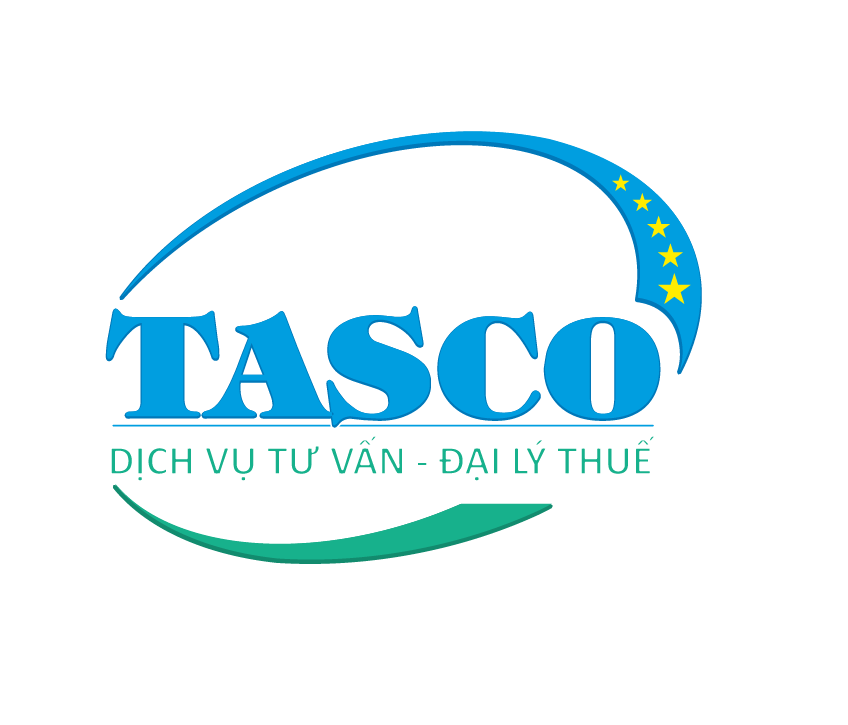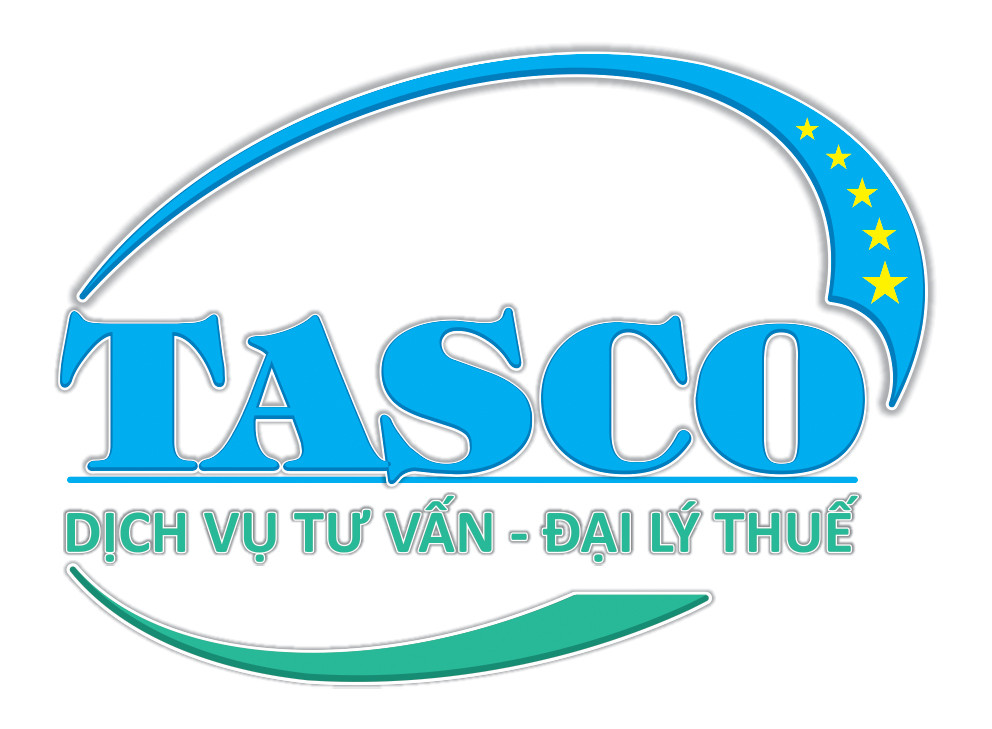NOTABLE POINTS OF CIRCULAR 78/2021/TT-BTC ON E-INVOICES
On September 17, 2021, the Ministry of Finance issued Circular 78/2021/TT-BTC, stipulating a number of important contents about electronic invoices. Accordingly, a number of issues regarding deadlines, content, symbols, handling of e-invoices, etc. will be specified and guided in detail. To promptly update information to apply e-invoices in accordance with regulations, businesses refer to some notable points in Circular 78/2021/TT-BTC in the article below.
1. Mandatory time to apply e-invoices.
In Clause 1, Article 11 on the enforcement of Circular 78/2021/TT-BTC stipulates:
This Circular takes effect from July 1, 2022, encouraging authorities, organizations and individuals that meet the conditions on information technology infrastructure to apply regulations on e-invoices and e-vouchers according to the guidance in this Circular and Decree No. 123/2020/ND-CP before July 1, 2022.”
Although the deadline for 100% of business organizations and individuals to apply e-invoices is July 1, 2022, in order to speed up the process of "covering" e-invoices, recently, the General Department of Taxation proposes a policy of implementing e-invoices in 2 phases:
👉 Phase 1 (November 2021 - March 2022): Deploying e-invoices in 6 provinces and cities including Hanoi, Ho Chi Minh City, Hai Phong, Phu Tho, Quang Ninh, Binh Dinh.
👉 Phase 2 (April 2022 – July 2022): Deploying e-invoices in the remaining 57 provinces and cities.
Thus, in some provinces and cities have started to apply e-invoices, implementing plans to apply e-invoices from November 2021.
2. The seller is authorized to issue electronic invoices.
This is a regulation specifically guided in Article 3, Circular 78/2021/TT-BTC. Accordingly, the seller of goods or providing services that is an enterprise, economic organization or other organization will be authorized to a third party (a party that has an affiliated relationship with the seller and is eligible to use e-invoices and not in cases of discontinuing use of e-invoices.
2.1. An authorization invoice content.
An authorization invoice must show the following contents: Name, address, tax identification number of the authorizing party, name, address and tax identification number of the authorized party must be true to the actual arising.
2.2. Authorization procedures.
The authorization of e-invoices must be made by a contract or written agreement, which fully shows the following contents:
⚡️ Information about the authorized party and the authorizing party: Name, address, tax code, digital certificate.
⚡️ Information about authorized e-invoices: Invoices type, invoices symbol, invoices number symbol.
⚡️ Authorization purpose.
⚡️ Authorization term.
⚡️ Authorized invoices payment method.
3. E-invoices symbol and e-invoices number symbol according to Circular 78/2021/TT-BTC.
According to Clause 1, Article 4, Circular 78/2021/TT-BTC:
3.1. E-invoices number symbol:
E-invoices number symbol is a character with one natural number 1, 2, 3, 4, 5, 6:
⭐️ Number 1 reflects value-added e-invoices.
⭐️ Number 2 reflects the sales e-invoices.
⭐️ Number 3 reflects the sale of public property e-invoices.
⭐️ Number 4 reflects the national reserve sales invoices.
⭐️ Number 5 reflects electronic stamps, electronic tickets, electronic cards, electronic receipts, electronic documents with other names but with the content of the electronic invoices.
⭐️ Number 6: Electronic delivery cum internal transportation note, delivery note sent to electronic agents.
3.2. E-invoices symbol
Circular 78/2021/TT-BTC stipulates that the e-invoices symbol is a group of 6 characters including both letters and numbers, reflect information about the type of e-invoices with the tax authority's code or the e-invoices without the code, the year of invoices, and the type of e-invoices used:
✨️ The first character (C or K): C represents the e-invoices with the tax authority's code. K represents the e-invoices without a code.
✨️ Next two characters (2 Arabic numerals): Show year of making e-invoices.
✨️ The next one letter (1 letter): T, D, L, M, N, B, G, H represents the type of e-invoices used.
✨️ The last two characters (written): Determined by the seller according to management needs.
4. Specific regulations for the time of making invoices for banking services
Previously, Decrees 119/2018/ND-CP and Circular 68/2019/TT-BTC did not have separate regulations on the time of invoices for banking services. Recently, Circular 78/2021/TT-BTC has provided specific guidance on this issue.
Specifically, in the case of providing banking services, the invoices date shall be periodically made according to the contract between the two parties together with the statements or confirmation documents of the two parties, but no later than the last day of the month in which the bank services is generated.
In case the unit provides large and regular banking services, it takes time to reconcile data, the time of invoice is determined to be the time to complete the data reconciliation between the bank and related third parties, but no later than 10 days of the month following the month of origination.
5. Regulations on e-invoices created from cash registers connected to electronic data transfer with tax authorities
Contents of e-invoices created from cash registers are specified in Article 8, Circular 78/2021/TT-BTC, specifically:
5.1. Subjects of application
Enterprises, business households and individuals that pay tax according to the declaration method and provide goods and services directly to consumers according to the business model may choose to use e-invoices created from cash registers connected to electronic data transfer with tax authorities or e-invoices with codes, e-invoices without codes.
5.2. Rules
An e-invoices with the tax authority's code is generated from a cash register with an electronic data transfer connection to the tax authority, ensuring the provisions of Article 11, Decree 123/2020/ND-CP of the Government.
5.3. Contents
E-invoices with the tax authority's code is generated from a cash register connected to electronic data transfer with the tax authority with the following contents:
📌️ Name, address, seller’s tax code, buyer information if the buyer requires.
📌️ Name of goods, services, unit price, quantity, payment price.
📌️ In case the organization or business pays tax by the deduction method, it must clearly state the VAT-exclusive selling price, VAT rate, VAT amount, total payment with VAT at the time of making invoices, tax authority's code.
6. 14 legal documents expire from July 1, 2022
According to Clause 3, Article 11, Decree 78/2021/TT-BTC, from July 1, 2022, the following 14 documents will officially expire:
⭕ Decree 51/2010/ND-CP stipulating invoices for selling goods and providing services.
⭕ Decree 04/2014/ND-CP amending and supplementing a number of articles of Decree No. 51/2010/ND-CP stipulating invoices for selling goods and providing services.
⭕ Decree 119/2018/ND-CP stipulating e-invoices when selling goods and providing services will continue to be effective until June 30, 2022.
⭕ Decision 30/2001/QD-BTC dated April 13, 2001 of the Ministry of Finance on promulgating the regime of printing, issuing, managing and using tax stamps.
⭕ Circular 191/2010/TT-BTC dated December 1, 2010 guiding the management and use of transport invoices.
⭕ Circular 32/2011/TT-BTC dated March 14, 2011 of the Ministry of Finance guiding the creation, issuance and use of e-invoices for selling goods and providing services.
⭕ Circular 39/2014/TT-BTC dated 31/3/2014 of the Ministry of Finance (amended and supplemented by Circular No. 119/2014/TT-BTC dated 25/8/2014, Circular No. 26/ 2015/TT-BTC dated February 27, 2015 of the Ministry of Finance).
⭕ Decision 1209/QD-BTC dated June 23, 2015 of the Minister of Finance on piloting the use of e-invoices with authentication codes of tax authorities.
⭕ Decision 526/QD-BTC dated April 16, 2018 of the Minister of Finance on expanding the pilot scope of using e-invoices with authentication codes of tax authorities.
⭕ Decision 2660/QD-BTC dated December 14, 2016 of the Minister of Finance on extending the implementation of Decision No. 1209/QD-BTC dated June 23, 2015.
⭕ Circular 303/2016/TT-BTC dated November 15, 2016 of the Ministry of Finance guiding the printing, issuance, management and use of vouchers for collection of fees and charges belonging to the state budget.
⭕ Circular 37/2017/TT-BTC amending and supplementing Circular 39/2014/TT-BTC (amended and supplemented by Circular 119/2014/TT-BTC dated 25/8/2014, Circular No. 26/2015/TT-BTC dated 27/02/2015 of the Ministry of Finance).
⭕ Circular 68/2019/TT-BTC guiding the implementation of a number of articles of Decree 119/2018/ND-CP dated September 12, 2018 of the Government regulating e-invoices.
⭕ Circular 88/2020/TT-BTC amending and supplementing Article 26, Circular 68/2019/TT-BTC guiding the implementation of a number of articles of Decree 119/2018/ND-CP regulating e-invoices.
Above are the notable points of Circular 78/2021/TT-BTC on e-invoices. The plan to apply e-invoice phase 1 has started to be implemented in 6 provinces and cities. Businesses need to pay attention to understand important regulations to deploy e-invoices in a timely manner, in compliance with the roadmap of the General Department of Taxation.
Immediately contact TASCO Tax Agent in the following ways for a completely free consultation!!!
TASCO - Tax agent responsible for all service
TASCO - Give trust - get value
Please contact TASCO for a free consultation:
Hotline: 086.486.2446 - 0975.08.68 (zalo)
Website: dailythuetasco.com hoặc dichvutuvandoanhnghiep.vn





main.comment_read_more